The Louisiana Legislature has set up an Employment and Medical Marijuana Task Force.
Their mission? To draw up workplace recommendations for state lawmakers by Dec. 21.
The issues at hand include unemployment compensation, impairment, and testing.
According to a recent article, the task force seems to be struggling over the fact that there is no reliable way to test for workplace cannabis impairment.
“We want to make sure as a task force we’re doing what’s in the best interest of the patients in this state,” said Janana Snowden, task force member and director of the Southern Institute for Medical Plants.
Members of the task force have raised questions about medical cannabis recommendations versus laws like the Federal Drug Free Workplace Act.
“We’re going to have to conform or modify the law in some fashion,” noted Mark Falcon, task force member and attorney. “I don’t think we want to endorse someone losing their job because of a dip-stick type … it needs to be something that scientifically proven to be accurate.”
Then again, why even continue testing for cannabis in the first place? Employers don’t test for other prescription drugs. Why should cannabis be any different? Wouldn’t that qualify has workplace discrimination?
“If you look across other states you’ll see that THC has been removed from those screenings, and that may be something we want to consider, as well,” Snowden said.
During a hearing this week, several cannabis advocates gave testimony, including military veterans and firefighters. Among them was Alex Tony, a former medic with the U.S. Army, who now works as a professional firefighter.
“I think we should be able to make that choice without repercussions,” Tony said of using medical cannabis “We should not be discriminated against because of our profession.”
Where Do Employers Draw the Line?
It’s 100 percent natural for people to have concerns about workplace impairment.
The last thing anybody wants is a school bus driver endangering a bunch of kids because he or she is drunk or stoned out of their gourd.
Of course, a person can also experience impairment if they’re distracted with recent bad news, for example.
As far as cannabis goes, however, workplace impairment also raises very real concerns about things like insurance or accidents, as well as performance – all which can prove costly to employers if left unchecked.
From a health and safety perspective, you certainly don’t want employees operating heavy machinery of any kind while under the influence of medical cannabis.
Watch Responsible Cannabis Use co-founders discuss cannabis in the workplace:
The solution to all of this is incredibly simple.
One, cannabis must be treated like any other prescription drug. No employee should ever lose their job just because they have cannabis in their systems.
Having said all that, with most jobs it’s probably better to medicate after work rather than before or during. And if you work from home, who cares as long as you’re getting the work done.
Here’s the bottom line: HR Departments need to offer workplace cannabis training. They need to encourage open-door policies, where employees can talk to HR about any cannabis-related issues or questions.
“Hey, HR. I got my medical cannabis dose wrong today, and I think it’s a bad idea for me to drive or operate the cash register.”
“Thanks for telling us, employee #5678. We’ll bring in a substitute for today. In the meantime, please call this number for some one-on-one cannabis training and guidance to help you prevent future disruptions.”
And since the drug testing companies can no longer make money off of prohibition, why don’t they take the initiative to pivot and provide the much-needed cannabis training and education for members of society? Problem solved.
What it all boils down to is destigmatization and open discussion of any cannabis-related question or issue.
Remember, medical cannabis is a good thing. Employee absenteeism actually goes down after the passage of medical cannabis programs. Employers simply need to smarten up on their guidelines and turn to training resources such as CannEd.
Need a little more Bluntness in your life? Subscribe for our newsletter to stay in the loop.
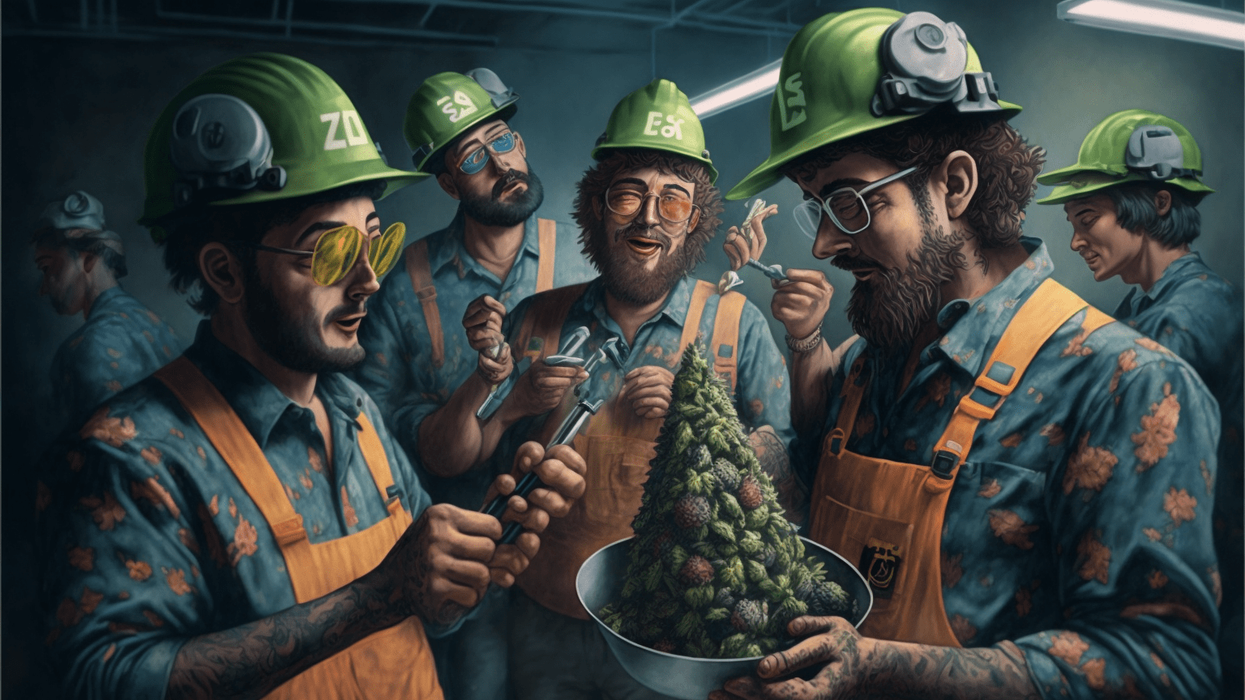


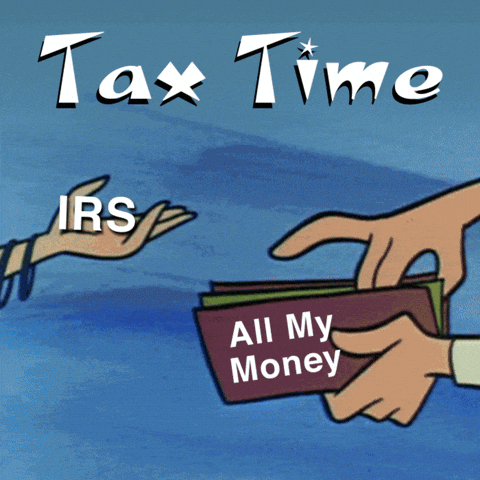








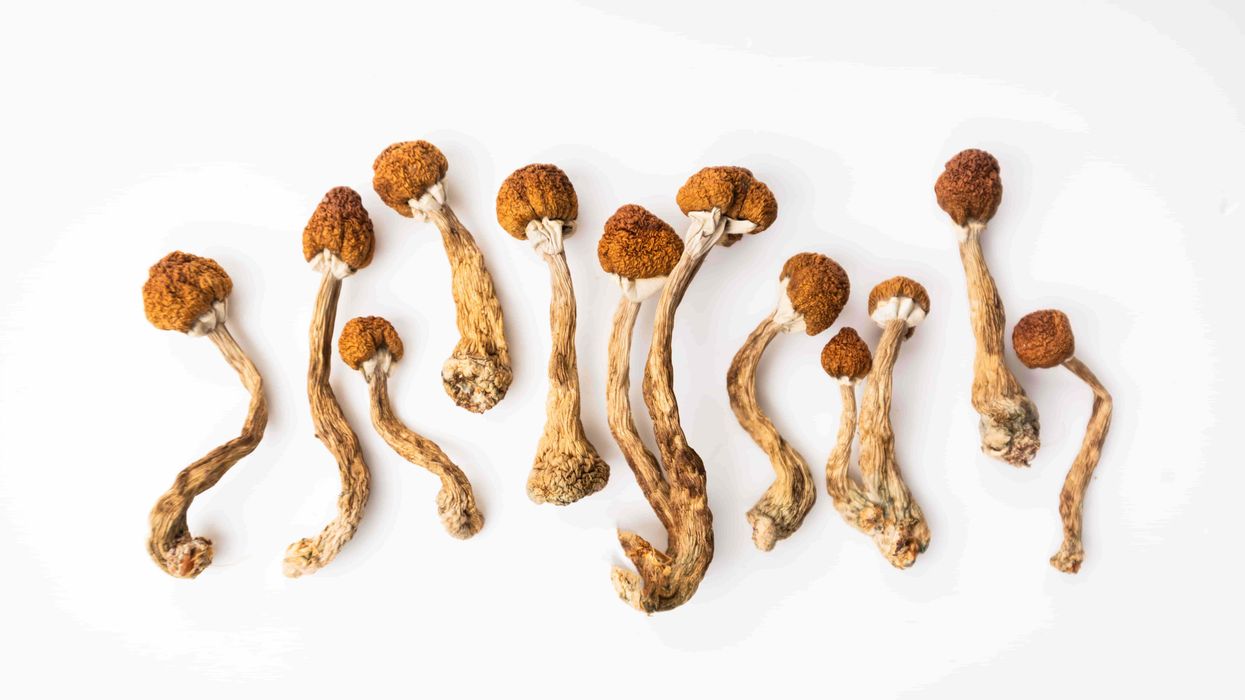

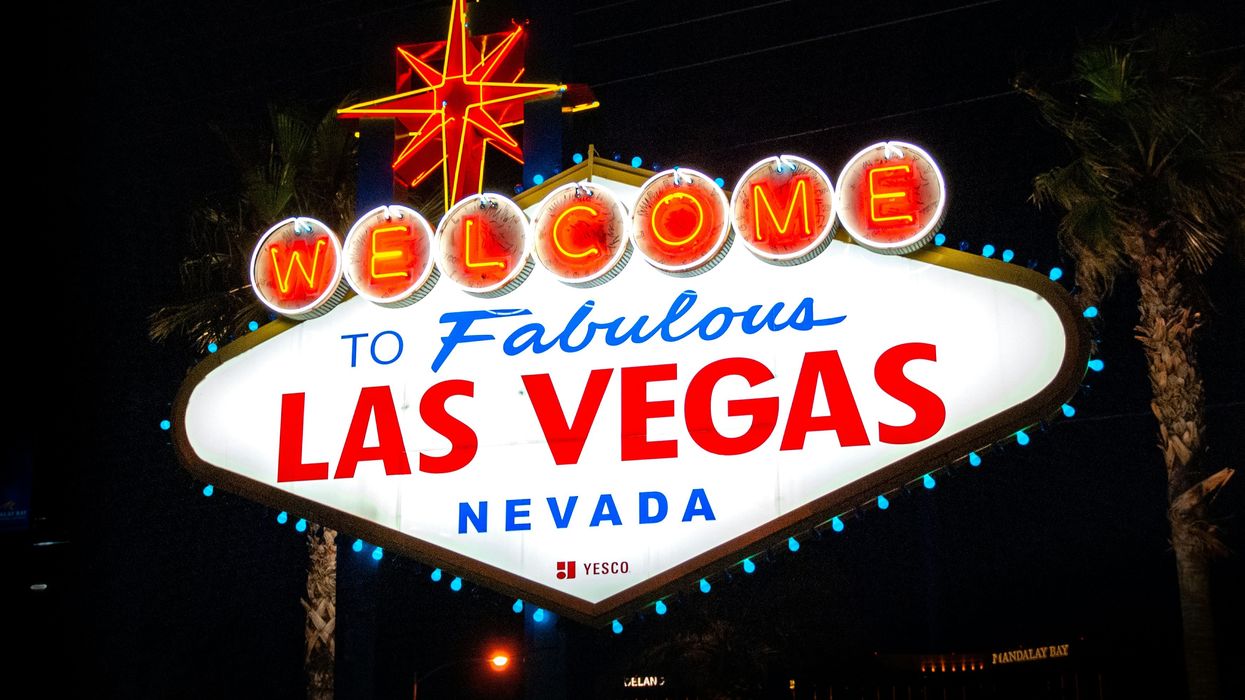
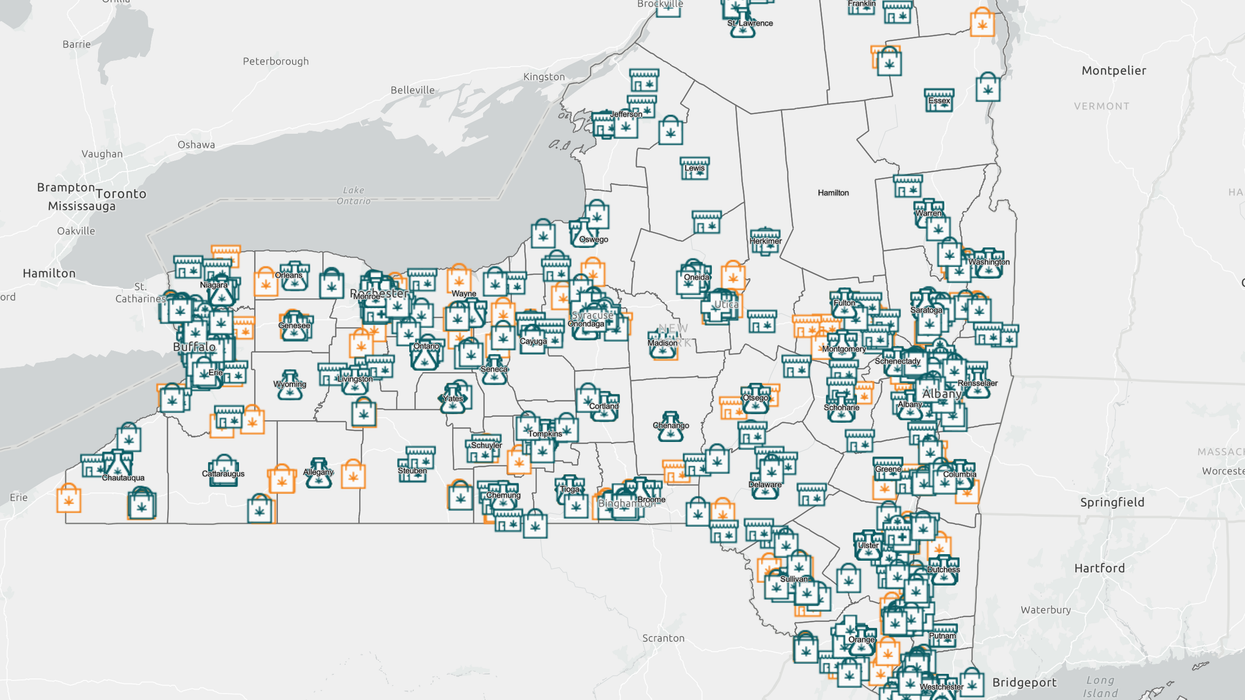
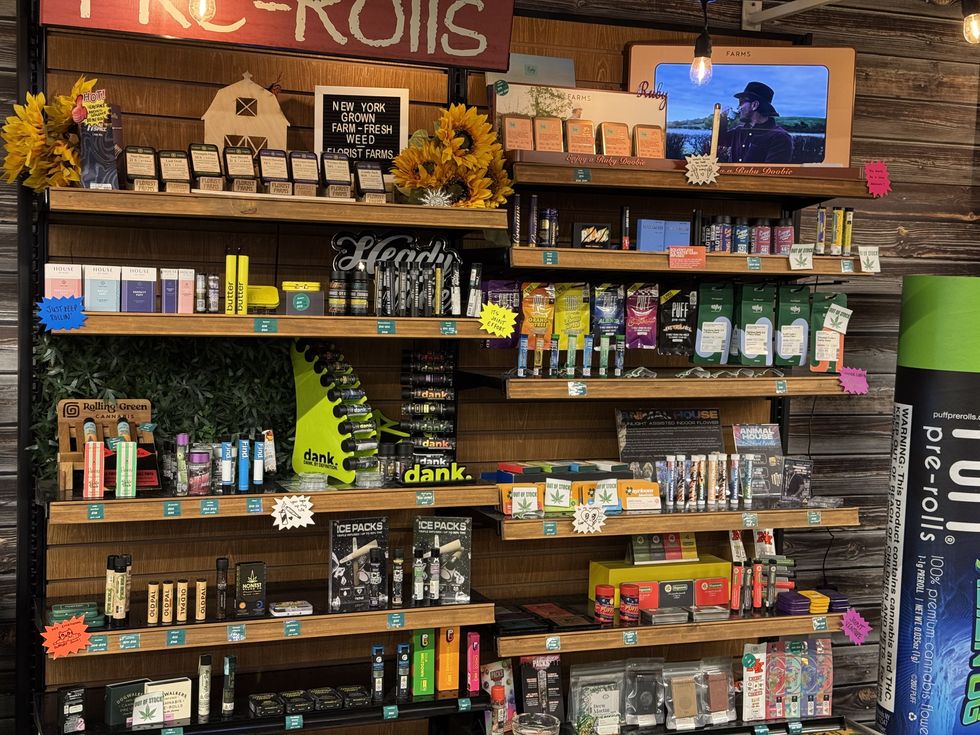 The mix of in-state and out of state brands at a legal NY dispensary
The mix of in-state and out of state brands at a legal NY dispensary
 The Dominoes Are Falling Nationwide as Federal Prohibition Ends
The Dominoes Are Falling Nationwide as Federal Prohibition Ends